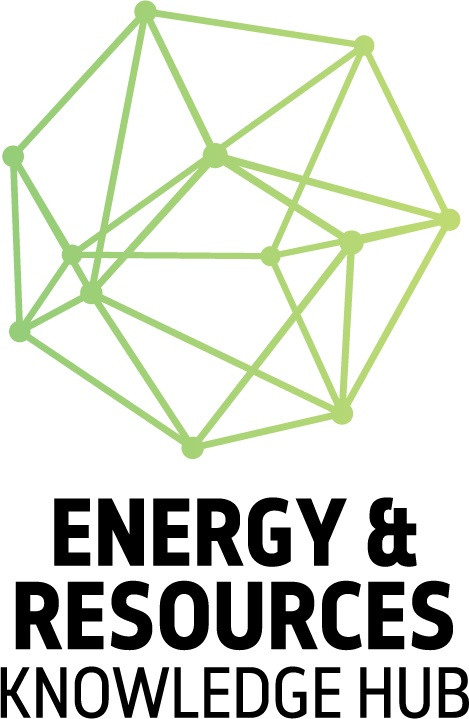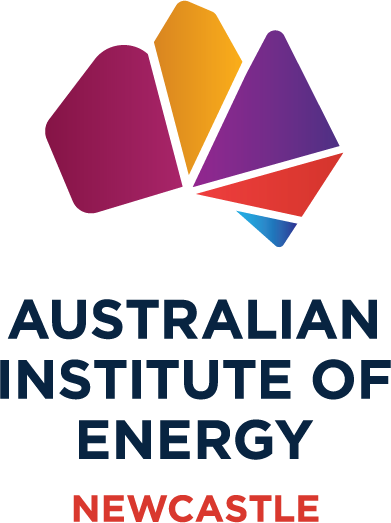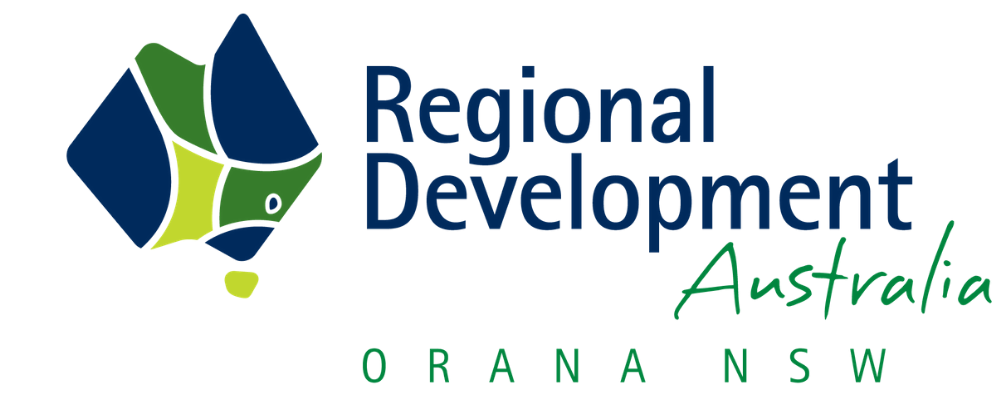LAVO’s hydrogen batteries driving renewable energy transition with R&DTI Support
The support from the Research and Development Tax Incentive has played an important part in bringing the technology of clean tech company LAVO to market, contributing to the broader goal of achieving a sustainable and carbon-neutral future.
Battery technology is set to play a fundamental role in ensuring a steady energy supply when solar and wind sources are not producing power. Sydney based LAVO has been at the forefront of developing hydrogen batteries to support the renewable energy sector. Collaborating with researchers from the University of New South Wales (UNSW) for over a decade, LAVO has created an innovative hydrogen energy storage system.
Long-term energy storage solutions like LAVO’s batteries are also crucial in Australia's journey to achieve its net-zero emissions targets. These batteries offer both environmental benefits and economic advantages for the country.
The Research and Development Tax Incentive (R&DTI) has been instrumental in providing the financial support needed to advance LAVO's research and development efforts.
The R&DTI is the Australian Government’s primary tool for encouraging industry investment in research and development (R&D). The incentive helps companies like LAVO by reducing the financial risks associated with developing new technologies. This support enables businesses to innovate and bring new solutions to market faster than they might otherwise.
The financial backing from the R&DTI allowed LAVO to accelerate the production and commercialization of their hydrogen storage technology.
Jacques Markgraaff, Chief Operating Officer of LAVO, highlighted the impact of the R&DTI on their progress. “Without the R&DTI assistance, LAVO would have taken a lot longer to achieve some of the incredible milestones that we have as a business,” he said.
The R&DTI program is open to all Australian companies, regardless of their size or industry sector. It aims to foster innovation that delivers economic and social benefits, facilitating the transfer of ideas, skills, and knowledge. This initiative is jointly administered by the Department of Industry, Science and Resources, and the Australian Taxation Office.
Professor John Fletcher from UNSW’s Energy Systems Research Group explained the environmental significance of LAVO’s product.
“The product we’re developing with LAVO will have a huge impact environmentally because it’s one of the first of its kind in hydrogen energy storage systems. So it’s really blazing a trail for the use of hydrogen in decarbonising our society,” he stated.
Markgraaff emphasized the value of collaboration with research service providers in bridging the gap between early-stage technology and market-ready solutions.
“Collaboration for us is absolutely critical to unlocking the full potential of renewables and the development of the products that we’re bringing to market,” he noted. He encouraged both established and emerging businesses to leverage research service providers to accelerate innovation.












